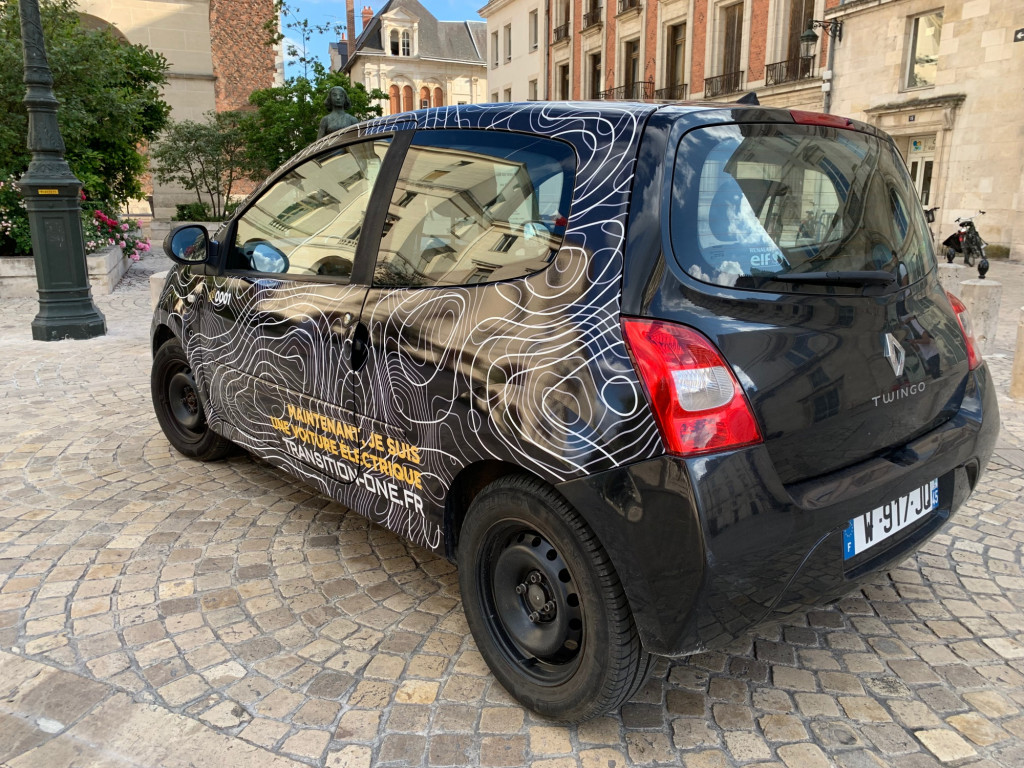A California bill would offer residents a rebate of up to $2,000 to convert an existing internal-combustion car or truck to an EV.
Spotted by Green Car Congress, California Senate Bill 301 would establish a Zero-Emission Aftermarket Conversion Project (ZACP) with up to $2 million in annual funding for EV conversion rebates to supplement California’s existing rebates for new EV purchases and leases. To qualify, converted EVs would need a range of at least 100 miles.
The bill is sponsored by the Specialty Equipment Market Association (SEMA), the automotive aftermarket trade group best known for its massive annual trade show in Las Vegas and for lobbying efforts on behalf of vehicle modifications.
1987 Nissan Sunny Truck with Leaf powertrain
While its origins are in the hot rodding scene, EV conversions have become more common at the SEMA show in recent years. The group sees them as important to the future of the aftermarket industry, saying in a press release that the bill “preserves California’s diverse and deep-rooted car culture” while providing a way to keep classic cars on the road.
Such an incentive addresses an inconvenient truth: That as rapidly as the state shifts new vehicles away from gasoline and diesel, it still has to wait for that fleet of vehicles to be retired. California is targeting 35% EV sales by model year 2026, and a ban on sales of all new vehicles with combustion engines except plug-in hybrids by 2035, but it will take much longer for existing gasoline and diesel vehicles to be retired.

Transition-One electric Renault Twingo II conversion
However, a $2,000 rebate might not put much of a dent into the cost of an EV conversion.
It’s not unusual for EV conversions to total more than $30,000, not including the cost of the donor vehicle. The cheapest one we’re aware of is the $3,000 DIY Mini Cooper done by YouTuber Rich Benoit, but that took some impressive hacks and plenty of Benoit’s own labor.
A French company called Transition One has claimed to have the conversion cost down to about $5,500 per vehicle, with just a four-hour conversion process and modular components. As of 2019, the company was primarily focusing on the small hatchbacks popular in Europe, but perhaps such a concept could be expanded to the U.S.
Read the full article here



